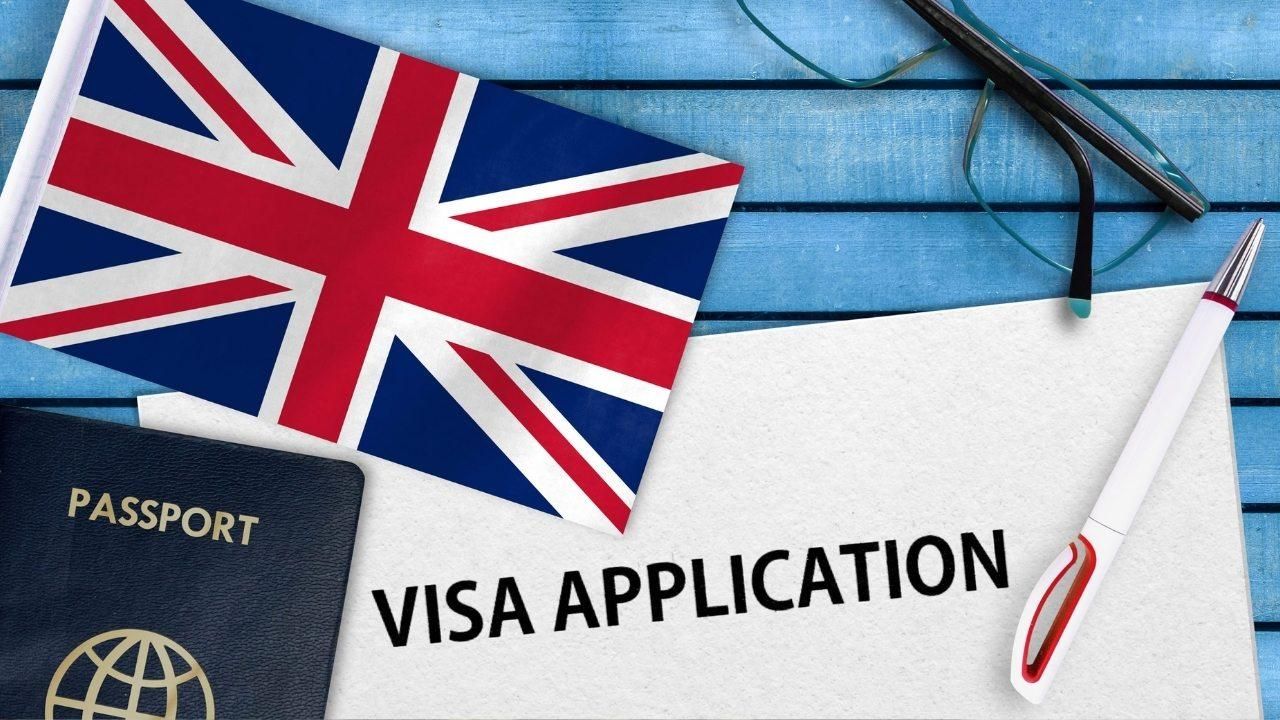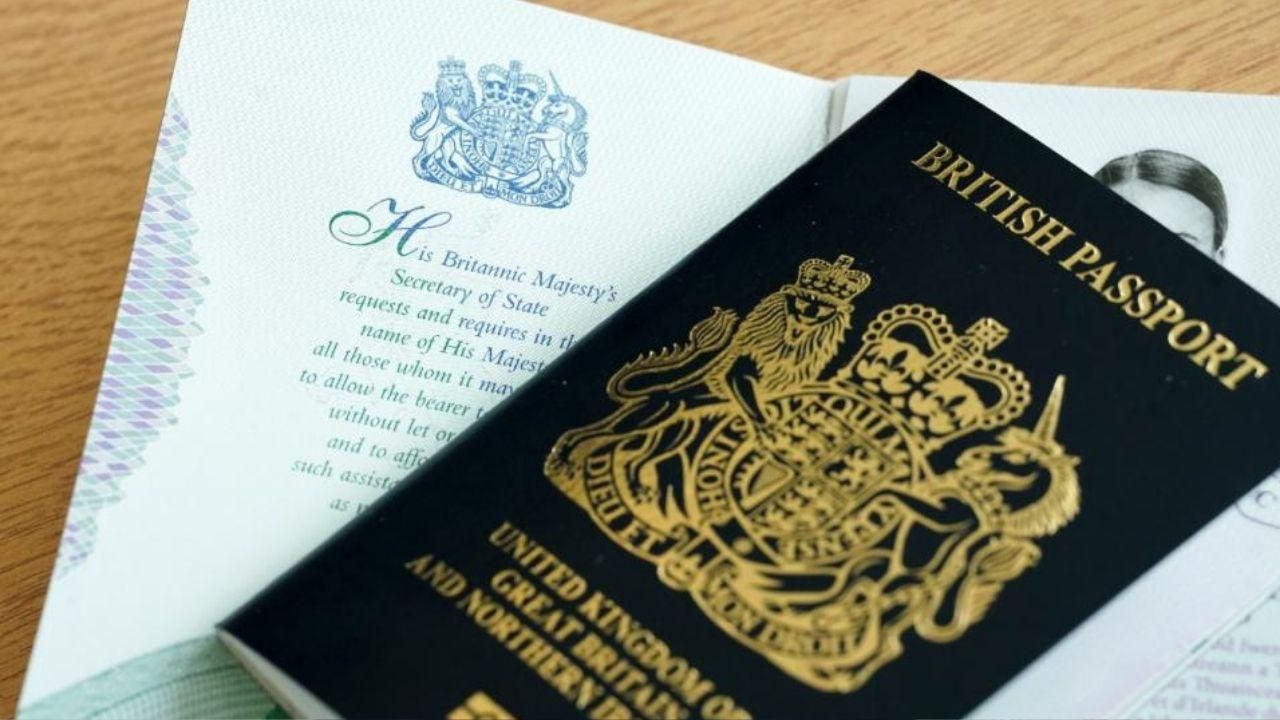Beginning this week, two pensioner groups will be able to submit their claims over the phone for this year's Winter Fuel Payment, which is a benefit valued between £100 and £300. Only individuals born before September 23, 1944, will receive the maximum of £300, although the amount received will vary depending on age and home circumstances.
It's also important to note that recent eligibility changes by the new Labour Government mean that in addition to being over 66, individuals must have been receiving a means-tested benefit, such as Pension Credit, Tax Credits (with an annual award of at least £26) or Universal Credit (if part of a mixed age couple), on any day during the qualifying week, which was September 16-22.
The Department for Work and Pensions (DWP) will automatically make payments this winter to around 1.5 million people, with many already receiving letters about the scheme. This money is tax-free and won't affect other benefits, but many do not claim it.
Nearly 13 million letters being sent out by the end of November to encourage to check if they are entitled to Pension Credit. Older people in England and Wales will receive the DWP letter this month while those in Scotland and Northern Ireland will receive one in November.
G Guidance also advises that people can make a telephone claim for this year's payment from Monday, October 28 - postal claims opened on September 30, reports the Daily Record.
Who may need to claim a Winter Fuel Payment?
The guidance states that if you do not get any of the qualifying means-tested benefits, you need to claim if either of the following apply:
- You have not received the Winter Fuel Payment before - this may be because you have deferred claiming your State Pension
- You or your partner get Universal Credit
You can claim the 2024/25 Winter Fuel Payment by:
- Post
- Phone - from October 28, 2024
If you get Universal Credit, you will be told how to claim through a message in your journal.
The guidance also states that if you do not get a letter or the money has not been paid into your account by January 29, 2025, contact the Winter Fuel Payment Centre.
Below is a quick overview of this year's eligibility, full details can be found on GOV.UK here.
Winter Fuel Payment Eligibility
You can get a Winter Fuel Payment this year if you were born before September 23, 1958 and in receipt of a qualifying benefit.
You must also live in Scotland, England or Wales and get one of the following:
- Pension Credit
- Universal Credit
- Income-related Employment and Support Allowance (ESA)
- Income-based Jobseeker's Allowance (JSA)
- Income Support
- Working Tax Credits
- Child Tax Credits
In some circumstances, you might be eligible if you live abroad - find out more here.
When you will not be eligible
You will not be eligible if you:
- Have been in hospital getting free treatment for more than a year
- Need permission to enter the UK and your granted leave says that you cannot claim public funds
- Were in prison for the whole of the qualifying week of September 16 to 22, 2024
- Were living in a care home for the whole time from June 24 to September 22, 2024
How much Winter Fuel Payment you will receive
If you live aloneYou will get either:
- £200 if you were born between September 23, 1944 and September 22, 1958
- £300 if you were born before September 23, 1944
If you live with someone
If you and your partner jointly claim any of the benefits, one of you will get a payment of either:
- £200 if both of you were born between September 23, 1944 and September 22, 1958
- £300 if one or both of you were born before September 23, 1944
If you live in a care home
If you are eligible you will get either:
- £100 if you were born between September 23, 1944 and September 22, 1958
- £150 if you were born before September 23, 1944
Online Petition
More than 560,000 people have signed an online petition created by Age UK urging Chancellor Rachel Reeves not to make Winter Fuel Payments means-tested to ensure all State Pensioners receive additional annual heating bill help.
The 'Save the Winter Fuel Payment for struggling pensioners' petition warns the change to the eligibility will impact millions of older people who rely on the extra financial support to help cover the costs of higher bills during the winter months.
The petition can be viewed, signed and shared on the Age UK website.
Pension Credit
Nearly 1.4m older people across Great Britain, including more than 125,000 living in Scotland, are currently receiving the means-tested benefit that could provide an average of £3,900 in support during the year ahead. However, the latest figures from the DWP suggest there are still 760,000 eligible pensioners not claiming the benefit they are entitled to.
Some older people think because they have savings or own their home they would not be eligible for the means-tested benefit, which can also provide access to help with housing costs, Winter Fuel Payment and Council Tax.
Pension Credit tops up weekly income to a guaranteed minimum level of £218.15 a week for single pensioners or £332.95 for couples. It is a tax-free payment for those who:
- have reached Pension Credit qualifying age, which is State Pension age, and
- live in Great Britain
An award of just £1 per week is enough to unlock other support.
Quickest way to check eligibility for Pension Credit
Older people, or friends and family, can quickly check their eligibility and get an estimate of what they may receive by using the online Pension Credit calculator on GOV.UK here.
Alternatively, pensioners can contact the Pension Credit helpline directly to make a claim on 0800 99 1234 - lines are open 8am to 6pm, Monday to Friday.
Expert help and advice is also available from:
- Independent Age
- Income Max
- Citizens Advice
- Age UK
Pension Credit tops up income to a minimum of £218.15 per week for single pensioners and £332.95 for couples - more if a person has a disability or caring responsibilities.
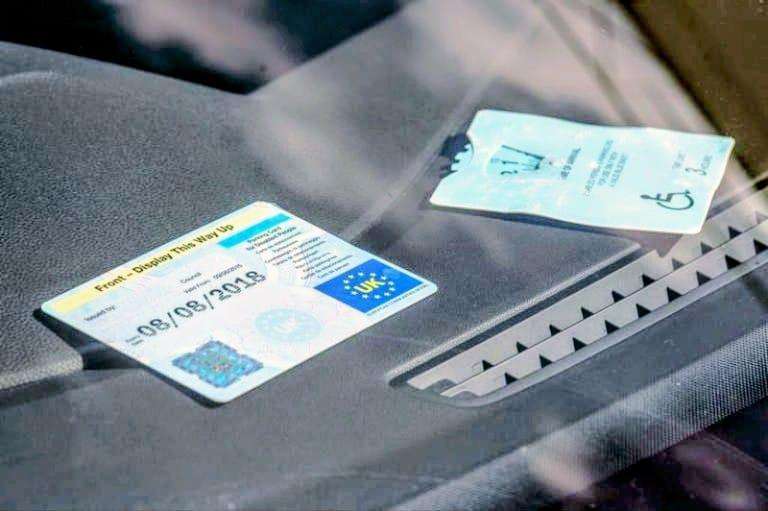

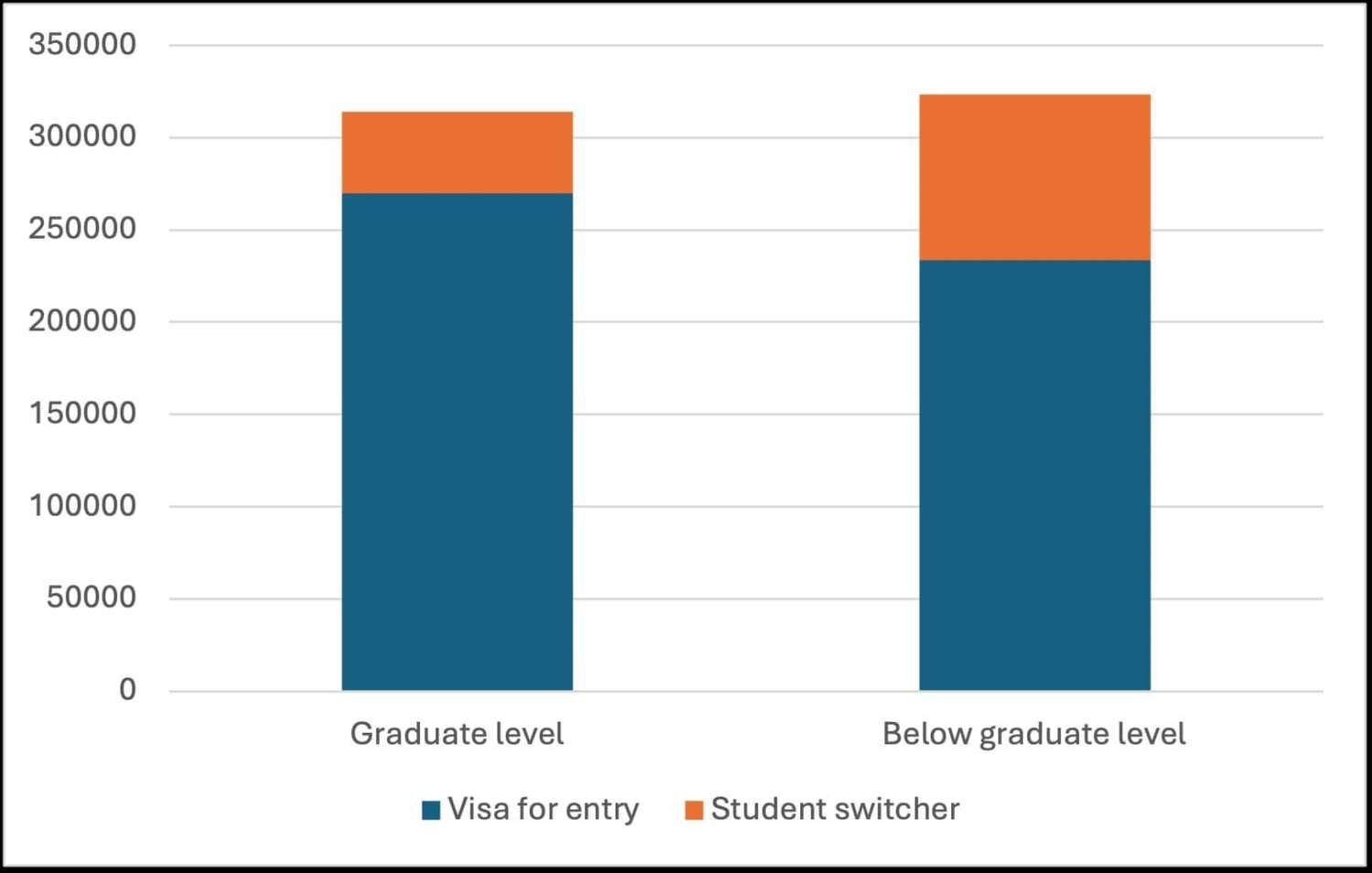
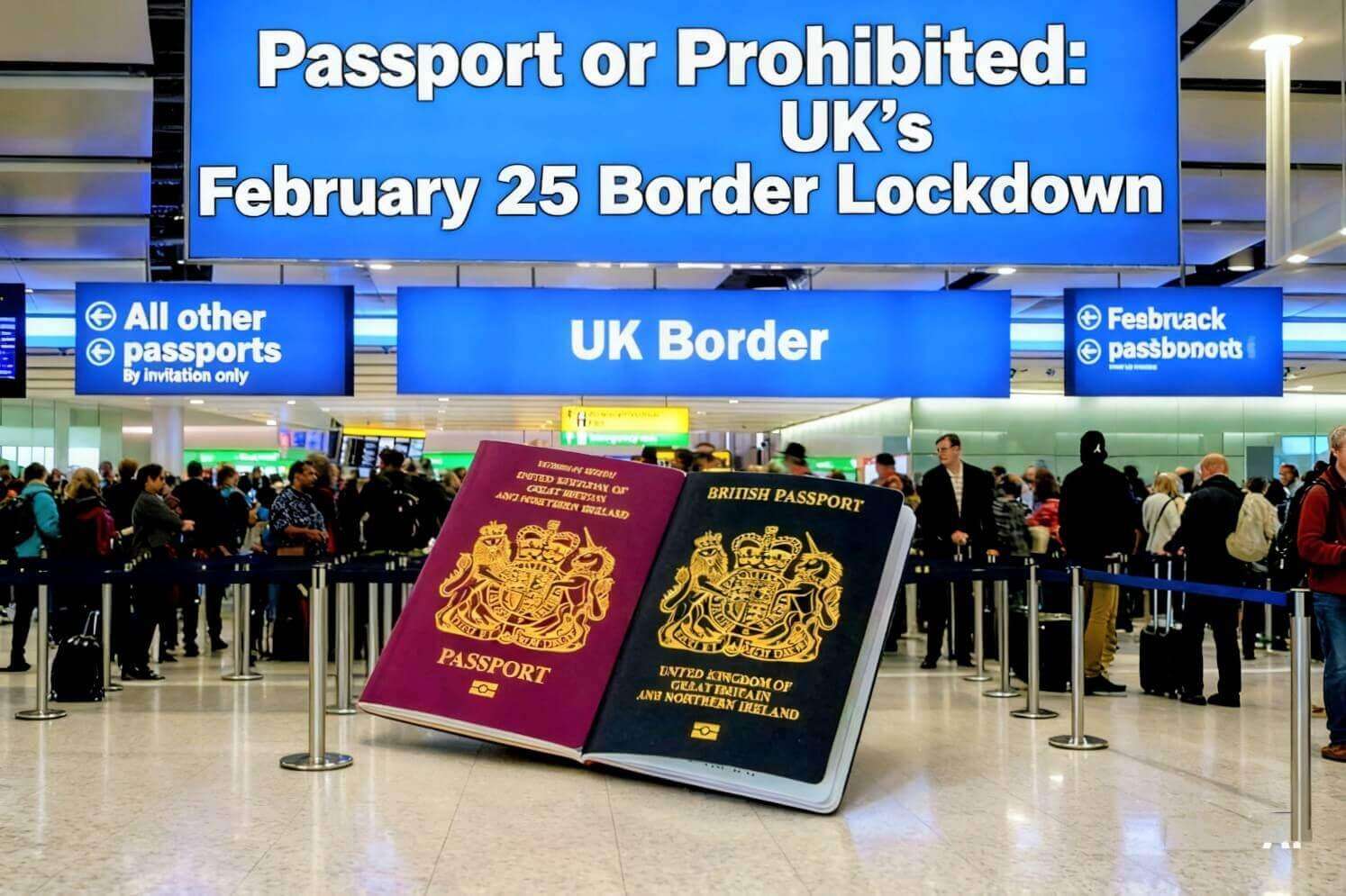



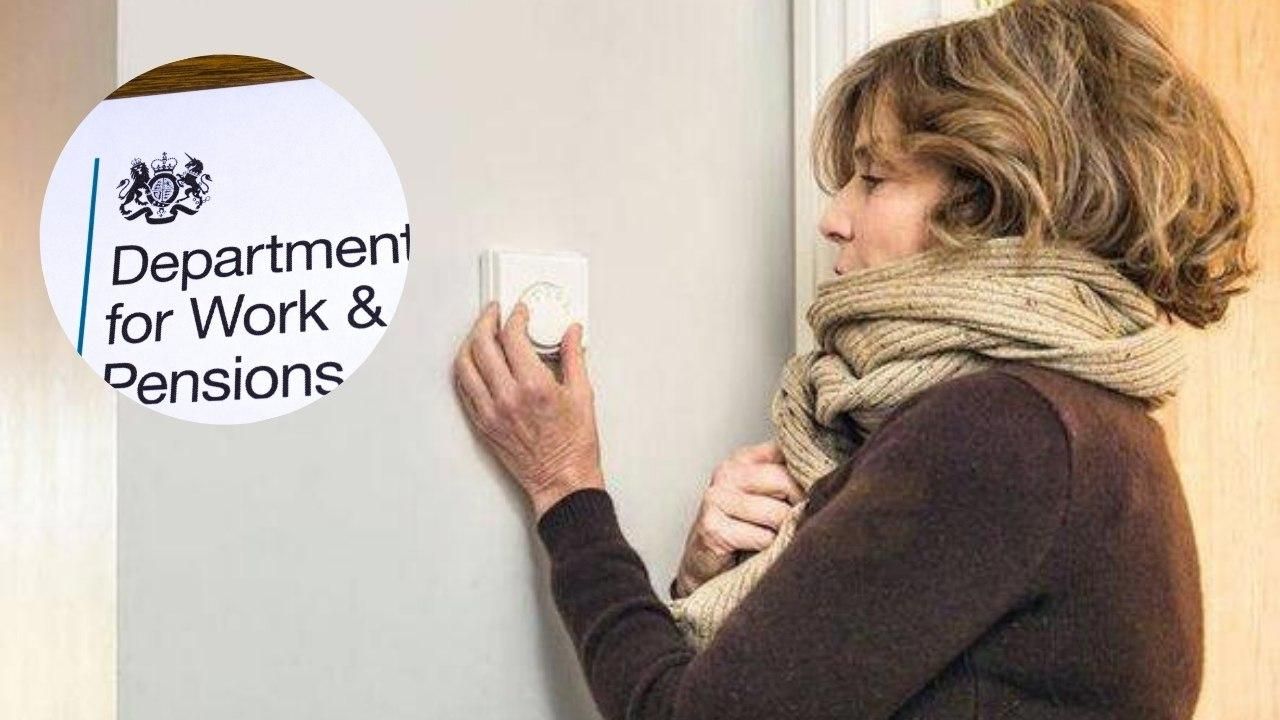
.svg)

